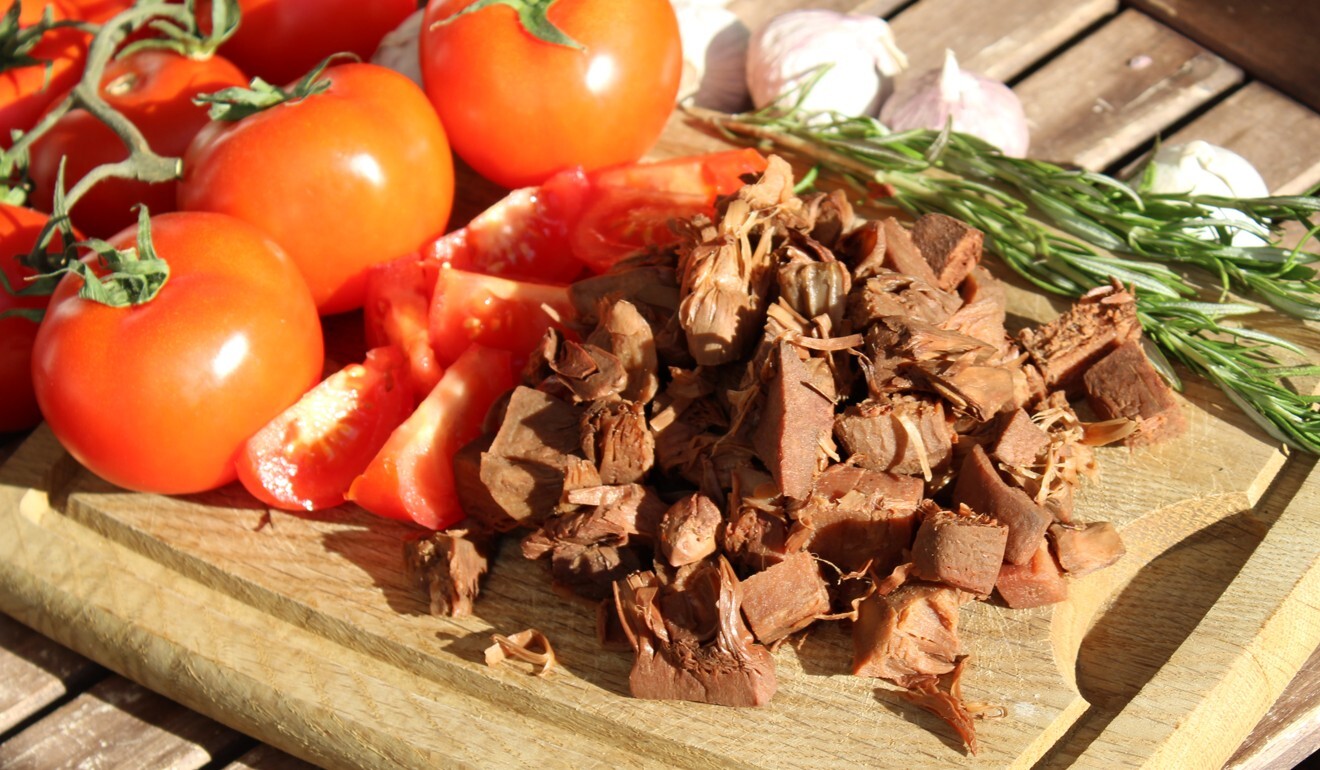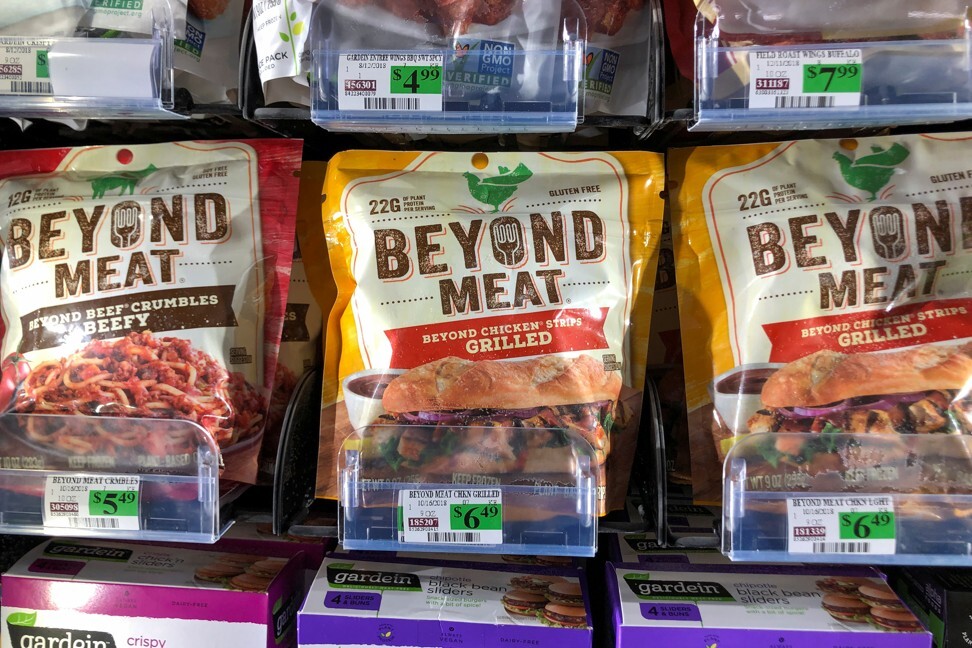
Rise in fake meat demand amid Covid-19 a boon for Temasek-backed Impossible Foods
- The US firm, backed by Singapore’s Temasek and Li Ka-shing’s Horizon Ventures, is seeking more investment offers because of the uncertain business environment, sources say
- An understanding of the links between industrial meat production and deadly human viruses has become an opportunity for the plant-based protein sector
Impossible Foods, the US maker of soy-based burgers whose backers include Singapore’s Temasek Holdings and Hong Kong’s Horizon Ventures, has been in talks with investors about raising more funds after receiving excess demand for a US$500 million funding round in March, according to people familiar with the matter.
The firm has held initial talks with potential investors including some Chinese funds, said the people, who asked not to be identified because the information is private. The discussions come as a potential meat shortage is bringing attention to substitutes and lifting the shares of rival plant-based protein manufacturer Beyond Meat.

Impossible Foods’ valuation was about US$4 billion in the March round, which was oversubscribed. It is unclear what valuation it would seek in a new funding round and it could decide to change its plans, the people said.
A representative for Impossible Foods declined to comment.
In March, the company secured about US$500 million in a series F round led by new investor Mirae Asset Global Investments of South Korea. Existing investors including Temasek Holdings and Horizon Ventures, backed by Hong Kong’s richest man Li Ka-shing, also participated. The firm has raised about US$1.3 billion since its founding in 2011.
It said at that time the cash would allow it to “continue to thrive in a volatile macroeconomic environment, including the current Covid-19 pandemic”.
Asia’s vegetarian culture: is going meatless good for your health?
The global coronavirus crisis, in other words, is turning into a big opportunity for the plant-based protein sector.
Beyond Meat, one of the bigger names in food technology, saw its shares jump 49 per cent last month. Meanwhile, venture capitalists have been pouring money into smaller companies, some focused on lab-grown meat analogues as well as plant-based substitutes. In mid-April, US sales of these products were double that of the same period last year.
“The thesis of alternative proteins is strengthened by Covid-19,” said private equity veteran Jeremy Coller, a long-time vegan. “We see this as a massively growing and important sector.”
In Europe, Barcelona-based Novameat is moving quickly to capitalise on the moment. It uses tissue engineering and bio-printing technologies to produce meat alternatives. Founder and CEO Giuseppe Scionti said his company recently pivoted to developing pork substitutes, given supply issues in the US and Brazil.
We “wanted to demonstrate that our technology is highly adaptable to work with a variety of ingredients, to mimic different types of plant-based meats”, he said. With pork texture and appearance already sorted, Scionti said he expects “to have the taste hacked before this summer”.
“Food security is an issue that is top of mind for the Chinese government,” said Bruce Friedrich, executive director of the Good Food Institute, a non-profit that promotes meat, dairy and egg alternatives.
Vegan pork, meatless burgers: a Hong Kong fad, but who’s biting?
In China, plant-based dairy has long been a staple, along with the basic protein alternatives like tofu, but it has been slower to innovate in the faux or cell-based meat space. However, in a post-coronavirus world, China could move more swiftly on this front, and US firms may be the ones helping propel it. In February, PepsiCo acquired Baicaowei, a Chinese snack company that launched a plant-based sausage made from soy and konjac, for US$705 million.
“Our investment activities haven’t slowed down” because of the pandemic, said Matilda Ho, founder and managing director of Bits x Bites, a food-tech venture capital firm in Shanghai. “We believe this recent uncertainty might just be a pivotal moment for the still nascent food-tech sector in China.”
Vectr Ventures, a Hong Kong-based early venture fund, took co-lead on Plantible Foods US$4.6 million seed round, which closed late March. Vectr partner Alan Chan said his US$1.6 million investment in the San Diego-based start-up was a way to “focus on Asia’s population growth, urban migration and food”, all weighty issues made more urgent by the pandemic.
“There has to be an efficient utilisation of things we can grow to feed everyone,” Chan said.


